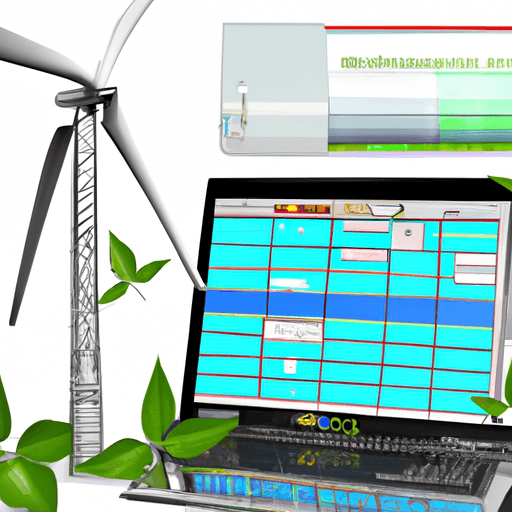Technology: Accelerating Sustainable Practices
As the world continues to strive towards enhancing sustainable practices, technology is progressively emerging as a crucial influencer accelerating this cause. This article aims to comprehensively explore the pivotal role of technology in promoting sustainable practices and discuss the significant technological innovations contributing to sustainability.
The Role of Technology in Sustainability
There is no denying that technology plays an essential role in advancing sustainable practices. From fostering energy conservation and reducing the carbon footprint, to aiding waste management and protecting biodiversity, technology's contributions to sustainable practices are nothing short of substantial.
Technological Innovations in Energy Conservation
Energy conservation is a significant aspect of sustainability. Technologies such as 'smart' thermostats and energy-efficient appliances have made significant strides in reducing energy usage in both domestic and commercial settings. As an example, the use of LED lighting has grown globally in the past decade, contributing to a decrease in energy demand by up to 15% - IEA 2020.
Technology for Reducing Carbon Footprint
Technological advancements such as electric cars, renewable energy sources, carbon capture, and storage technologies have made a significant impact in reducing carbon footprints. For instance, electric vehicles (EVs) are now seen as a viable solution to the environmental crisis.
Role of Technology in Waste Management
Technologies such as Intelligent Waste Management Systems, Energy-from-Waste (EfW) technologies, and waste sorting robots have revolutionized the waste management sector. For example, San Francisco has achieved about 80% waste diversion rate attributed to their advanced waste management initiatives powered by technology
Technology in Biodiversity Conservation
Emerging technologies such as drones, Geographic Information System (GIS), and remote sensing technologies are playing a major role in sustaining biodiversity. These tools aid in the collection of valuable data about species and their habitats, allowing us to monitor, manage, and conserve biodiversity more effectively.
Technology Advancements: The Future of Sustainability
Futuristic technologies like artificial intelligence (AI), Internet of Things (IoT), and blockchain technology hold immense potentials in advancing sustainable practices. AI can be leveraged to make more accurate climate change prediction models, while IoT devices can help in real-time monitoring and management of resources and waste. Blockchain technology, on other hand, brings transparency, traceability, and accountability to supply chains, ensuring sustainable procurement.
Insights from Thought Leaders
Often thought leaders in technology and sustainability believe that the marriage of the two realms can spark truly transformative solutions. Microsoft's chief environmental officer, Lucas Joppa, called for a technology-first approach to sustainability, emphasizing that technology alone won't solve the world's sustainability challenges; it has to be technology plus action.

















Comments
Leave a Comment